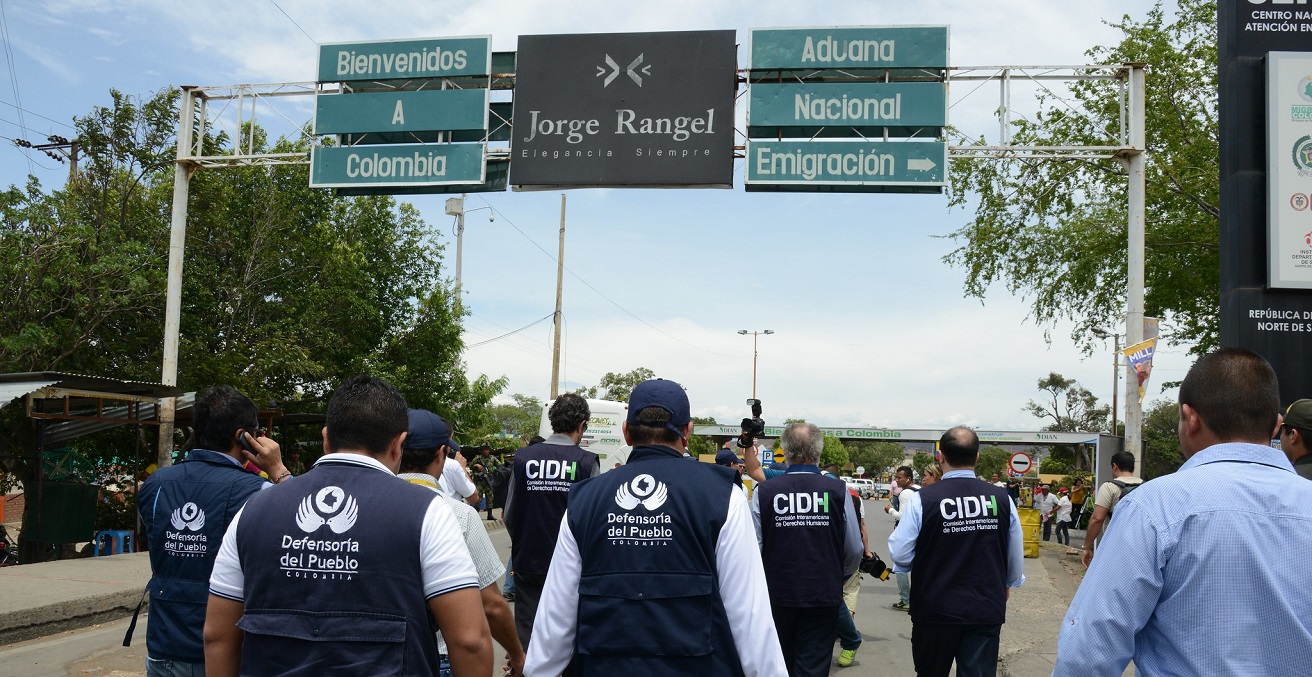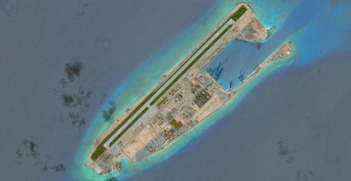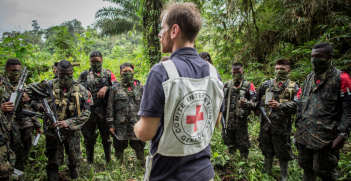The Colombia and Venezuela Reset

On 11 August, the newly elected Colombian president, Gustavo Petro, announced the reinstatement of diplomatic relations with Venezuela. This is a vital step in improving the bilateral relationship.
Petro’s decision was part of a broader plan that included, among other pressing issues, reopening the border of Colombia-Venezuela that was closed back in 2015. The shift was anticipated as a priority for Colombia’s first leftist president in its history. However, as much as there is the temptation to read this reset as a confirmation of an alliance between both governments, it seems premature to reach that conclusion, especially when the challenges ahead are wide ranging and complex. There is an urgent need for peace on the border, one of many issues both governments must resolve. The ideological affinities may not be enough to reach a satisfactory resolution. Yet, it will depend on both sides to reach a final agreement toward pacification at the border.
A historical partnership
Among the common interests between Colombia and Venezuela, trade was one of the most urgent issues to deal with from both sides. The political motivations that led to suspending diplomatic relations during former Colombian President Iván Duque’s administration were probably the main reason to walk back the policy. Petro’s position regarding the Venezuelan Opposition’s failed interim government made it clear the freeze was unsustainable in his view. Moreover, the economic fallout from the broken bilateral market is measured in several billions of dollars in trade losses, and economic actors from Colombia and Venezuela have been forcefully pushing for a change in this direction.
The opening of relations should not be misunderstood as an expression of solidarity between ideological allies. The strong cross-border economy was obliterated after the decision to close transit, making the reopening critical for economic recovery, especially after the coronavirus pandemic forced the global economy to shut down. The blockade gave place to a black market where basic goods were traded at higher prices, making it harder for the Venezuelan side to access necessities in times of scarcity and hyperinflation. In addition to the distorted border economy, the migrant crisis exposed the obstacles and risks Venezuelans faced when crossing the border, falling prey to human smugglers connected to organised crime and operating guerrilla groups like the National Liberation Army (ELN) in both countries when trying to avoid passing through the Simón Bolívar bridge, which is under the custody of the Venezuelan National Guard.
A forced alliance?
The economic interests were vital enough for both countries to move forward with the diplomatic restart. Still, while Venezuelan President Nicolás Maduro will likely sell it as legitimation, Petro might have other reasons for reestablishing communications with the post-Chavista regime. The aspiration to reach peace in Colombia with the remaining active guerrilla group ELN is likely a more substantial reason to involve the Venezuelan government in the negotiations, considering its proximity to the rebel groups hunkering down in Venezuela. However, this will not be an easy task due to the complexity and nature of the groups and the many interested parties that will exercise whatever leverage they have in the negotiation.
In any case, Petro is walking a tightrope regarding his relationship with the Venezuelan regime. There is a pragmatic approach to the situation, considering his government will likely face challenges involving Colombia’s historical solid bond with the United States. The reigniting of this link will force the Biden administration to reframe their policy regarding Colombia. Furthermore, Petro is determined to deal with Colombia’s historical drug problem in a different direction, alarming the region and its most important ally in the fight against drug trafficking, the United States. This could pose a risk given his interest in climate change, where he has a potential partner in the Biden administration. However, Petro still has to address the binational guerrilla operations and the impending drug trafficking problem intertwined with the Venezuelan government. Furthermore, he has an ambitious plan that includes peace at the border, but also social justice policies in order to fulfill campaign promises. It is absolutely critical that the border economy recovers, but this will not be sufficient if the clashes with irregular armed groups persist in the region.
Additionally, the migration spillover has brought severe concerns and, unfortunately, xenophobic reactions, including from elected officials. The crisis has worsened since Venezuelans started to leave South America and cross the Darien Gap on a long journey to the Mexico-United States border. The Colombian change of government has brought unease to Venezuelans in Colombia, not only those considered political exiles but to average citizens trying to rebuild their lives who now fear a less welcoming administration. The Colombian president has vowed to recognise the right to asylum, rejecting calls for the extradition of prominent opposition figures exiled in Colombia, but the skepticism remains.
The circumstances under which Colombia and Venezuela are resuming their diplomatic ties are critical and, therefore, will require total commitment from both parties. However, their interests are not necessarily aligned, which could jeopardise the efforts. The border reopened on 26 September, but the much-expected restart of direct flights between both countries was halted due to unspecified issues most likely related to the sanctions the United States has imposed on Venezuela, limiting Colombia’s ability to facilitate the process due to compliance with such measures. Petro’s priority is to reach a peaceful agreement with the ELN, while Maduro is determined to reestablish himself as a legitimate leader, especially for the upcoming presidential election in 2024. This is the real backdrop of the rekindled bilateral relationship. The success of the Colombian and Venezuelan reset depends on the ability both leaders display in aligning these interests for the benefit of their people. This means they will probably have to scale back their initial aspirations.
Maria I. Puerta Riera is an Adjunct Professor of Political Science at Valencia College in Orlando, FL., where she teaches U.S. Government and International Politics. She holds a PhD. in Social Sciences, with her research focusing on the crises of democracies in Latin America. She has a special interest in Venezuela, Cuba, and Nicaragua and is currently working on the effects of the illiberal regimes of China and Russia and their use of sharp power in the region. Personal website: maripuerta.com
This article is published under a Creative Commons License and may be republished with attribution.





